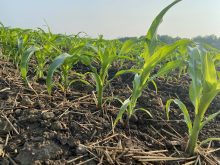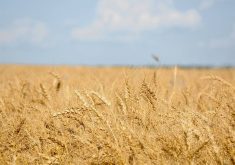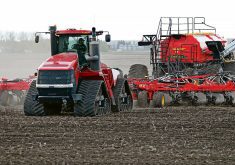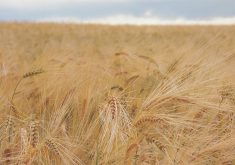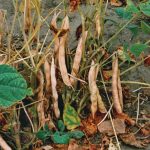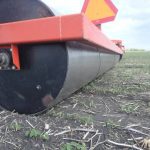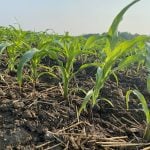China imported its largest volume of Canadian canola in three years during the most recent crop year, despite its trade restrictions, as its domestic production fell short.
China imported nearly 2.7 million tonnes of Canadian canola in 2011-12, nearly three times the previous year’s purchases, and just behind volume of almost 2.9 million tonnes in 2008-09, according to the Canadian Grain Commission.
"They do have shortages of any kind of protein meal," said agriculture analyst Chuck Penner of LeftField Commodity Research in Winnipeg.
China harvested 13 million tonnes of rapeseed in 2011-12, its smallest output in three years, according to the U.S. Department of Agriculture.
Read Also
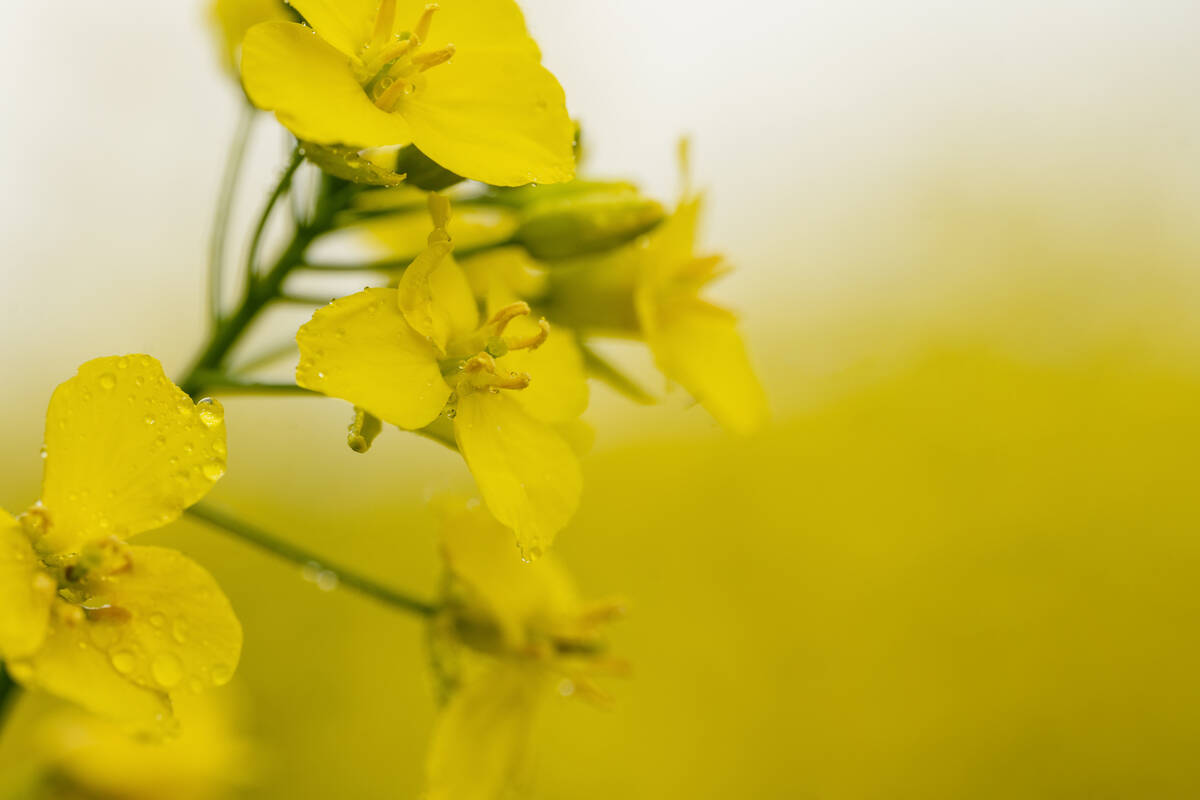
ICE Canada Weekly: U.S. biodiesel mandate will be a boon for canola
Canola is poised for more gains as the trade awaits the Trump administration’s decision on the latest biodiesel mandate, said Jamie Wilton, broker with RJ O’Brien in Winnipeg.
Penner said he thinks actual Chinese production may be sharply lower.
Canola and soybeans are crushed to produce vegetable oil and oil for biodiesel, along with meal for livestock feed.
The U.S. drought, which has curtailed soybean production, may also have shifted some demand to Canadian canola, but much of China’s canola imports happened early in the crop year, before hot, dry weather blanketed the U.S. Midwest, Penner said.
Fears of dwindling U.S. soy supplies have forced some Chinese crushers to swallow high prices and book expensive U.S. soybean cargoes, Chinese traders said this week.
Barriers stay
Since late 2009, China has officially banned Canadian canola with the fungal disease blackleg, but made exceptions for canola delivered to a handful of crushing plants located away from Chinese rapeseed areas.
The exceptions have been subject to annual review by China, but there’s not likely to be any change before early 2013, when a joint China-Canada research program on canola is set to conclude, said Jim Everson, vice president of the Canola Council of Canada.
"The commitment is to continue the current transition measures until we’ve finished that research and have new information available on mitigating blackleg," Everson said.
China has licensed about eight crushing plants to import Canadian canola with blackleg.
China also bans imports of Indian rapeseed meal, due to the discovery of traces of a hazardous chemical in some shipments.
China, whose canola buying is sporadic from year to year, was the biggest importer of Canadian canola in 2011-12, surpassing Japan.
Canada remains the world’s biggest producer of canola, ahead of No. 2 China, and it controls more than two-thirds of the global trade.
— Rod Nickel writes for Reuters from Winnipeg.




